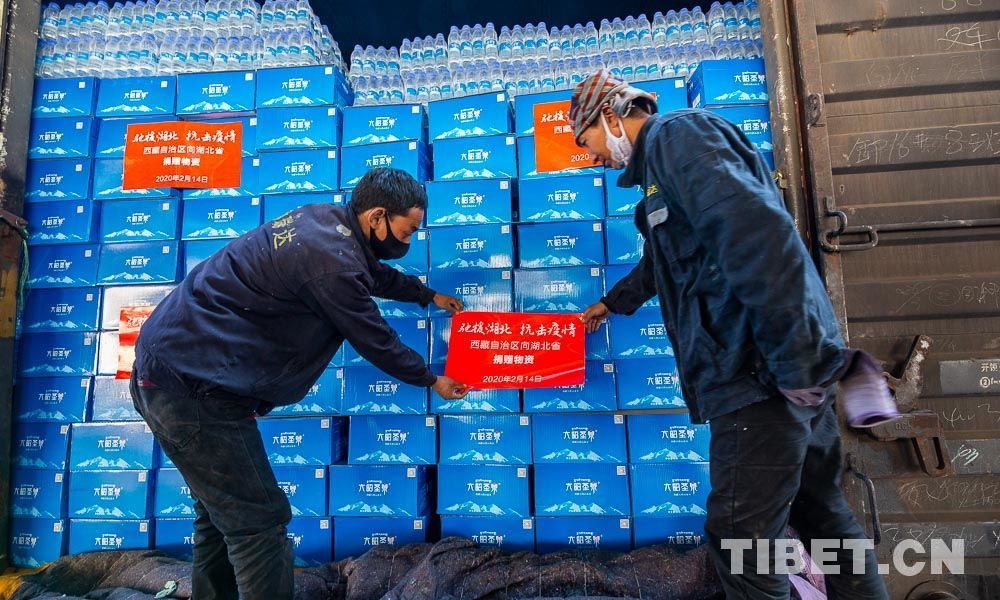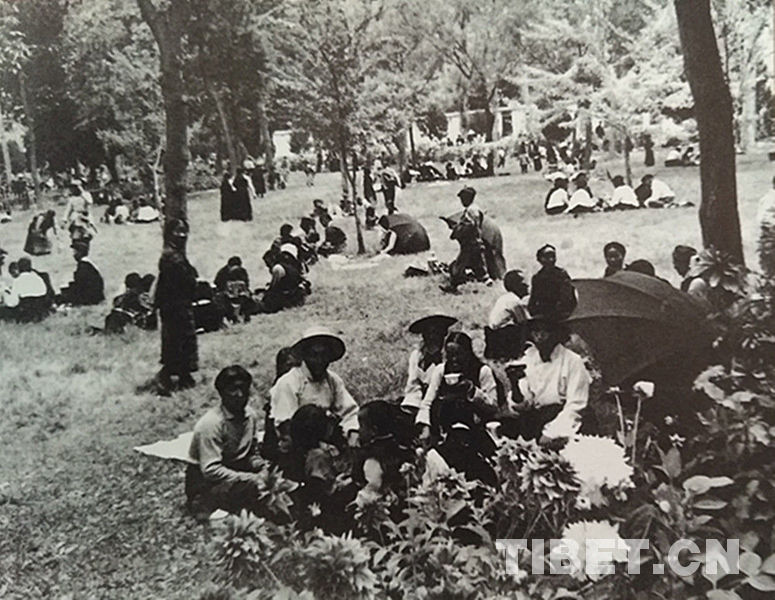Chatting about alleviating poverty with Zongji in Tibet
“I have guarantees in life, I have money in my hands, and my family can be happy. I am very satisfied.” When the first rays of sunlight hit the fields in the early morning, Zongji, a villager from Langnai Village in Mirui Township, Bayi District, Nyingchi City, southwest China's Tibet Autonomous Region, starts to get busy.
Zongji’s household is one of five registered households in the village. In recent years, with the help of the Party’s good policies and through its unremitting efforts, Zongji’s family has successfully been brought out of poverty.
Her family’s story begins in 2015. That year, Zongji’s husband passed away. Her father was old, her son was in school, and her niece was only four years old. Only she and her younger sister worked in their family.
“With elderly and kids to take care of, it was harder to do housework and farm work every day,” Zongji said at that time, for the sake of her livelihood, her sister became a migrant worker while she herself stayed at home to take care of the old and young. She also had to manage the planting of 16.9 acres of farmland at home. Even so, the incomes from the two sisters was not enough to maintain the family’s expenses.
“The Party and the government have always supported you.” When the Party committee and the government of Mirui Township and the “Two Committees” of Langnai Village learned about Zongji’s family situation, they appointed staff to patiently educate her and try to help Zongji out of poverty.
In 2016, the Langnai Village Party Branch earned funds for multiple poverty alleviation projects. They planted 50 acres of fruit trees in the village, built new pig farms, built greenhouses for registered households, and purchased two yaks for each household in the village.
Zongji also regained her confidence through the east wind of targeted poverty alleviation program. Under the arrangement of the village committee, she participated in the work of planting fruit trees and constructing pig farms in the village. She received 15,200 yuan (2,147 US dollars) in labor wages and selling vegetables that year. In addition, she earned 5,800 yuan (819 US dollars) from selling butter, milk, and dried milk residue. That same year, her younger sister and her brother-in-law opened a restaurant in Lhasa, earning an annual income of 120,000 yuan (16,953 US dollars).
With help from the government and her own efforts, Zongji’s family is living a better life. In 2019, the villagebuilt chicken coops, and bought Tibetan chickens for the registered household. This became another channel of prosperity for herfamily.
“The income from selling Tibetan eggs is 8,000 yuan (1,130 US dollars). I get 18,800 yuan (2,656 US dollars) working outside, and 5,000 yuan (706 US dollars) selling mushrooms. I also get 600 yuan (85 US dollars) in dividends from the orchards, plus various subsidies and my sister’s income. Last year, the per capita income for our family of six reached more than 30,000 yuan (4,238 US dollars),” Zongji happily told reporters.


